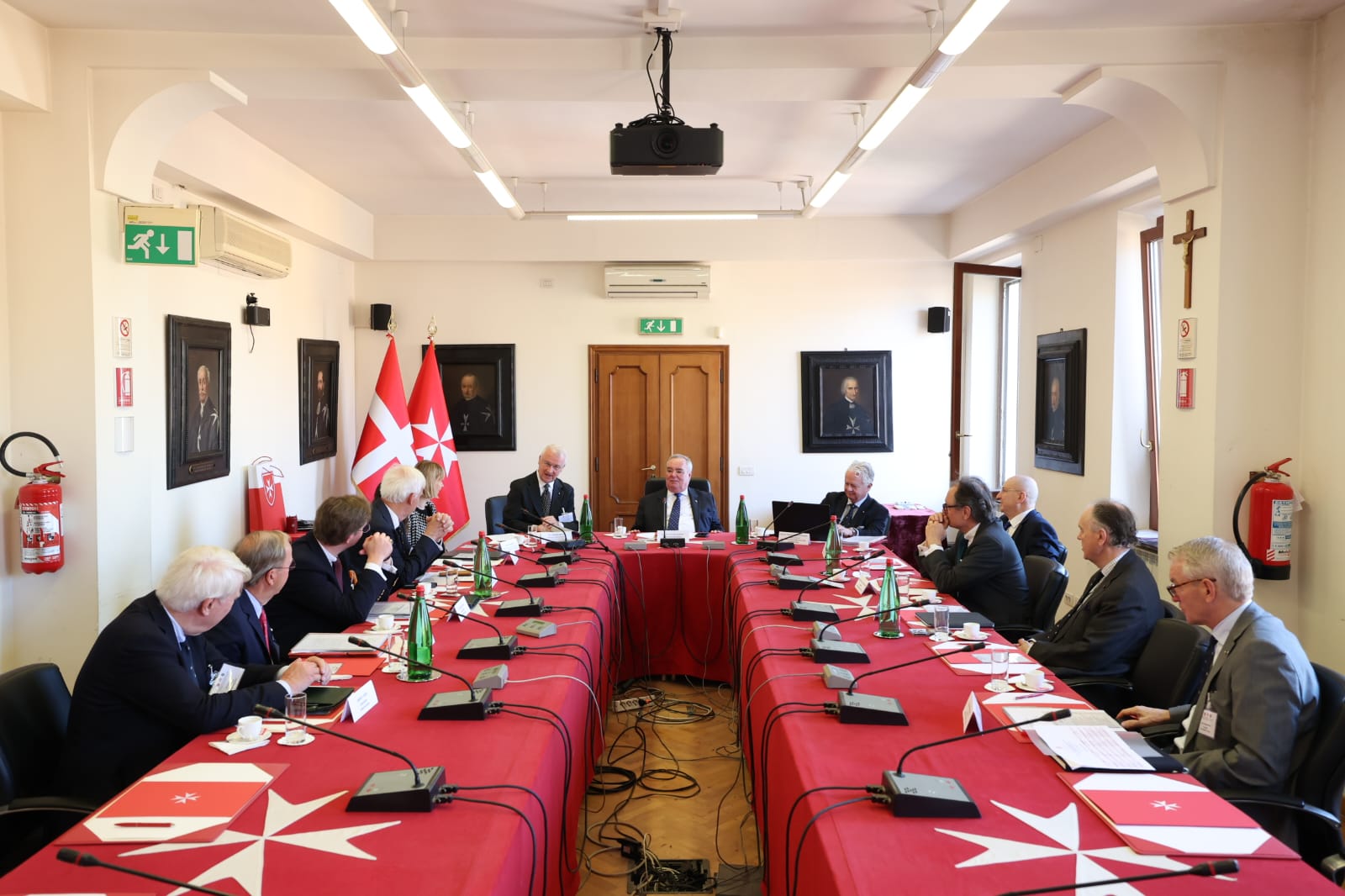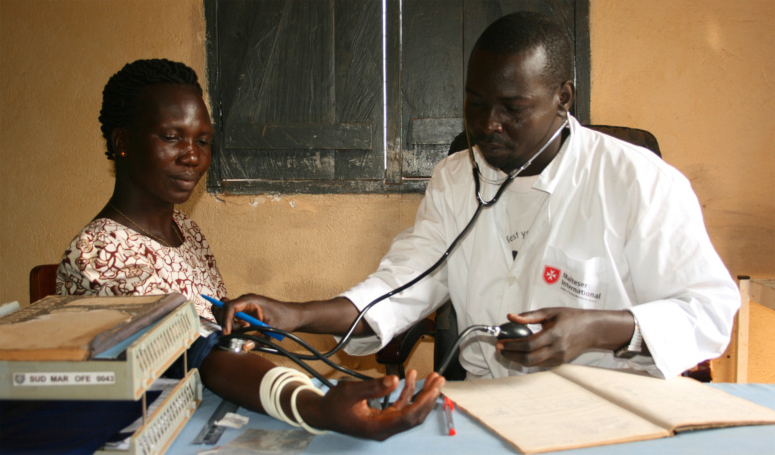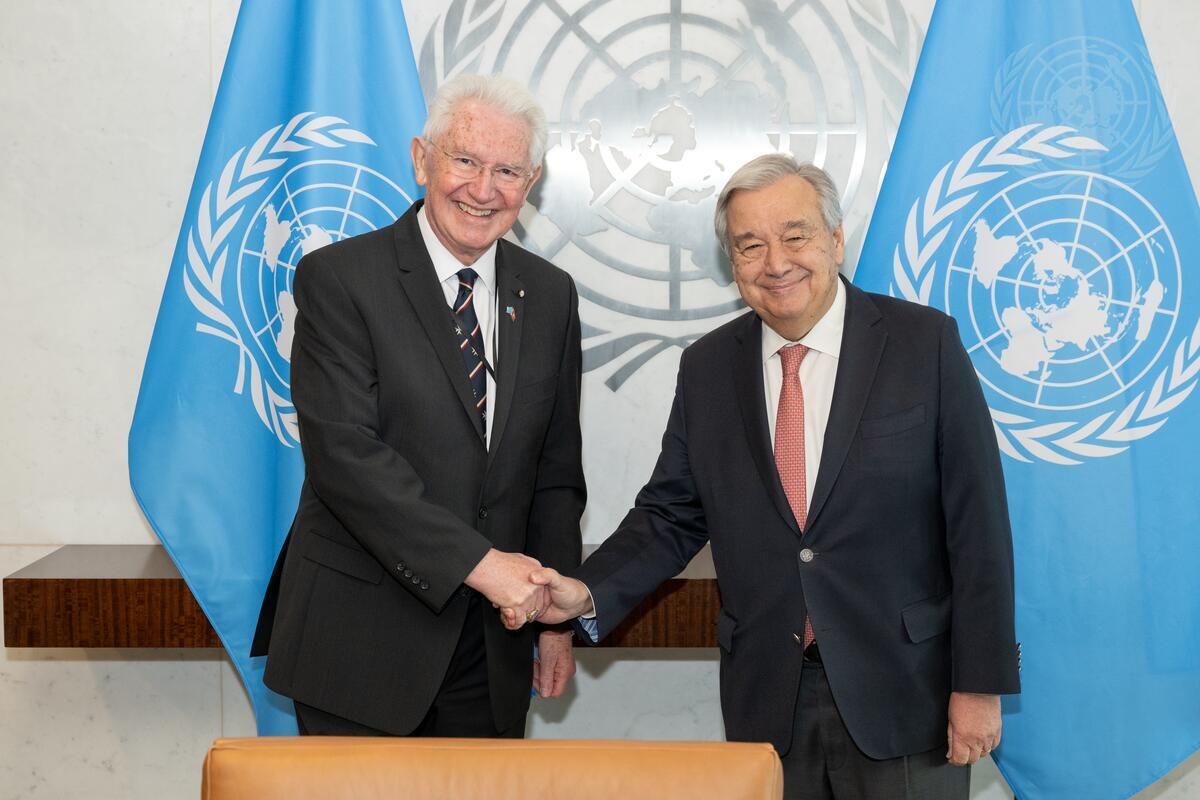On 9th July, South Sudan gained its independence and became Africa’s youngest nation. As the South Sudanese people start shaping their new country, the Order of Malta continues to help them along the way to a better future by training and qualifying medical staff.
After 21 years of civil war, South Sudan is now faced with daunting challenges as it builds up its own government – and that is especially true when it comes to the healthcare system. The country has one of the highest infant and maternal death rates in the world: for every 1,000 live births, more than 100 babies and 20 mothers die. There is a great need for professional medical personnel to support disease diagnosis, surveillance and treatment.
“The know-how, the structures and resources which are required for a comprehensive public health system are missing. Skilled personnel are hard to find”, says Jan Kleinheisterkamp, South Sudan coordinator for Malteser International, the worldwide relief agency of the Order of Malta for humanitarian aid. “That’s why we focus on qualifying medical staff with a variety of educational programmes – a task which should later be the responsibility of the local authorities. We want to not only improve health care in South Sudan, but also to enable both the state and the population to continue developing the health care system sustainably.”
In its laboratory school in Rumbek, Malteser International has instructed laboratory technicians and assistants since 2002. Until now, 55 students have successfully completed the two-year programme. The laboratory in Rumbek serves as a referral lab for more than 330,000 people. “Our long-term goal is to hand over responsibility for the school to government authorities at some point”, says Kleinheisterkamp.
To help build up a functioning health care system, Malteser International – with 10 international and around 120 local staff on site – also organises training for state employees on a local level. Over the past weeks, 25 staff members from the local health authority have taken a course on family planning and health management. In addition, Malteser International trains volunteers to become peer educators, who inform communities and villages about diseases such as tuberculosis, HIV/AIDS and leprosy and explain the importance of early testing and diagnosis.










